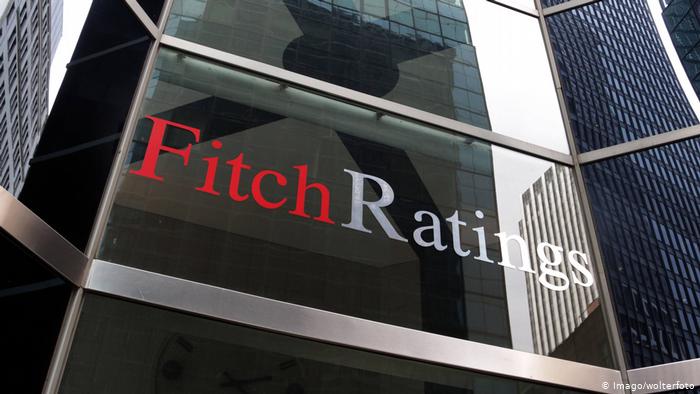Ghana’s foreign-currency issuer default rating has been lowered to “restricted default” by Fitch, as the country failed to make a coupon payment on one of its Eurobonds within the grace period.
As a part of its previously announced suspension of payments on chosen external debt in December, Ghana failed to make a $40.6 million coupon payment on its $1 billion 2026 Eurobond on Friday. International bonds denominated in US dollars commonly referred to as Eurobonds make up approximately $13 billion of Ghana’s debt. On Tuesday, the majority of these bonds were being traded at a price range of 37 to 41 cents on the dollar.
Last week, the Ghanaian government announced the completion of a domestic debt exchange program with “eligible” bonds, garnering a participation rate of 64% of the initial 130 billion Ghana Cedis designated for restructuring. The program excluded pension funds due to the threat of a strike by unions.
Also Read: Covidnomics: What Will Happen to Banking in Nigeria?
Ghana has been struggling with an economic crisis of unprecedented proportions in recent times which has led the country to seek a $3 billion intervention from the IMF. As part of the loan terms, a debt restructuring initiative was launched with the domestic debt exchange program, and the focus has now shifted to restructuring the external debt of $29 billion.
According to Fitch Ratings, an issuer that has failed to make a payment on a significant financial obligation, such as a bond or loan, without any remedial action taken, but has not filed for bankruptcy or undergone formal liquidation procedures and is still in operation, would receive an RD rating. Some of the situations that could warrant an issuer receiving the RD rating include:
Also Read: China Expected to Cut Back on Lending to Africa Amid Coronavirus Crisis
- Where the borrower has chosen to make partial or no payments on a particular type of debt.
- The expiration of any relevant grace, cure, or default forbearance period without the borrower remedying a payment default on a significant financial obligation such as a bank loan or capital markets security.
- Extending multiple waivers or forbearance periods, either sequentially or concurrently, for one or more significant financial obligations after a payment default.
- Performing a distressed debt exchange on one or more significant financial obligations.

